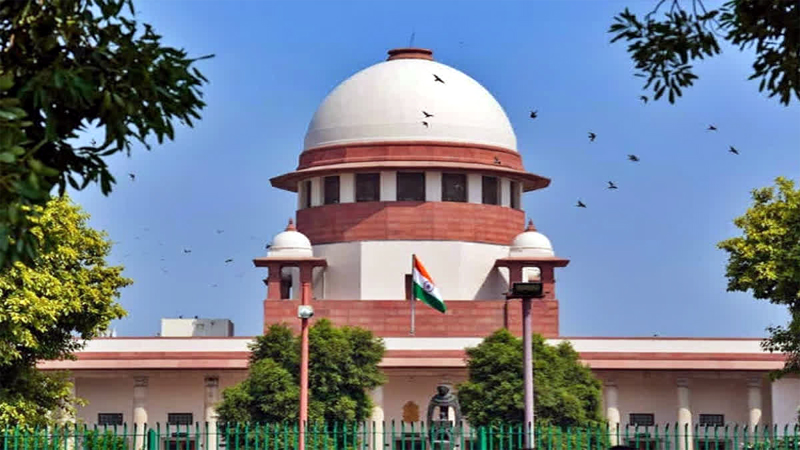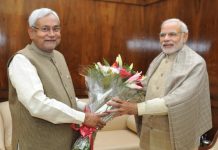
The Supreme Court on Thursday reaffirmed the absolute and complete surrender of Jammu and Kashmir’s sovereignty to India upon the state’s accession to the Indian Union in October 1947. The court’s five-judge constitution bench, headed by Chief Justice DY Chandrachud, made this assertion while addressing the issue of Article 370 of the Constitution, which granted special status to the erstwhile state.
The bench emphasized that the process of accession, as stated in Article 1 of the Constitution declaring India as a Union of States, including Jammu and Kashmir, signified the full transfer of sovereignty in all aspects. The judges firmly rejected any notion that elements of sovereignty were retained by the state post the enactment of Article 370.
The central argument of the petitioners challenging the abrogation of Article 370 centered on the scope of powers granted to the Indian government under the Instrument of Accession. They contended that the central government was constitutionally limited to matters of defense, communication, and external affairs.
Senior advocate Zaffar Shah, representing the Jammu and Kashmir High Court Bar Association, one of the petitioners, argued that the state’s constitutional autonomy was enshrined in Article 370. The court, however, questioned the permanence of Article 370 and its relevance, especially if the state were to voluntarily adopt the laws of the rest of the country.
The judges also discussed whether the process followed by the central government in abrogating Article 370 was legally permissible. They pondered whether the absence of the Constituent Assembly of Jammu and Kashmir – which could have recommended the abrogation – made Article 370 permanent. The petitioners maintained that only the Constituent Assembly could have recommended such a move, and its absence rendered the abrogation unconstitutional.
The court session also addressed the delicate balance of powers between the central government and states, acknowledging that while there are restraints on the power of Parliament to enact laws for states, these restraints do not detract from the overall sovereignty vested in India.
The hearing remained inconclusive and is set to resume on August 16. The case involves several petitions challenging the abrogation of Article 370 and the reorganization of Jammu and Kashmir into two Union Territories in 2019.












